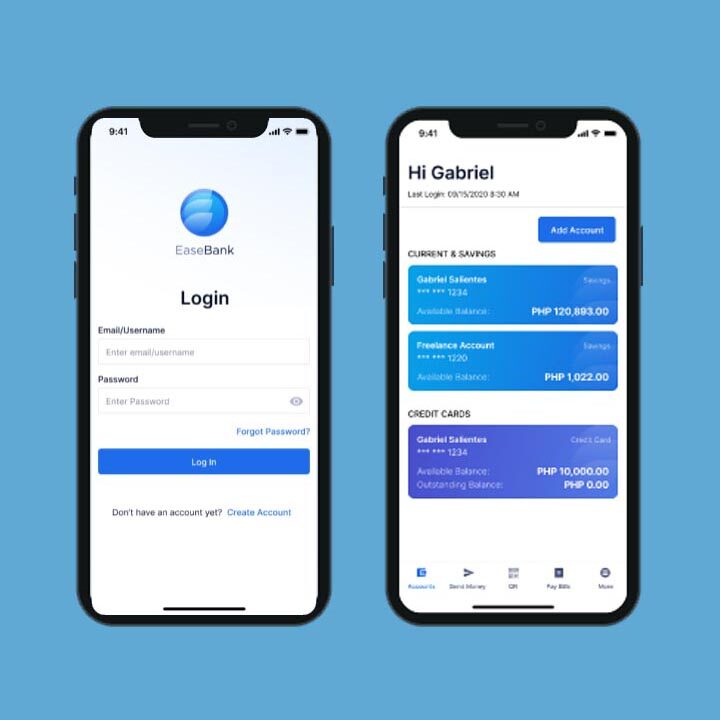The Remarkable Benefits of Automation in the Restaurant Industry
Table of Contents
In today’s fast-paced world, the restaurant industry is constantly seeking innovative solutions to streamline operations, enhance efficiency, and deliver exceptional experiences to customers. One such solution that has revolutionized the industry is automation. From web development in the Philippines to advanced digital systems, automation offers a plethora of benefits for restaurants. In the dynamic and competitive landscape of the restaurant industry, efficiency, accuracy, and seamless operations are crucial for success. One powerful tool that has revolutionized the way restaurants operate is Enterprise Resource Planning (ERP) software.
In this blog post, we will explore the remarkable advantages of implementing automation in a restaurant business and delve into why web development in the Philippines plays a crucial role in this transformative journey. We will explore how ERP contributes to the restaurant business by streamlining processes, enhancing decision-making, and driving growth.
1. Streamlined Operations and Enhanced Efficiency
Automation brings a new level of efficiency to restaurant operations. By implementing digital systems for order management, inventory control, and employee scheduling, restaurants can optimize their workflows and reduce manual errors. This not only saves time but also minimizes costs associated with inefficiencies.
ERP solutions centralize and automate various aspects of restaurant operations, including inventory management, order processing, table reservations, and employee scheduling. By integrating these processes into a unified system, restaurants can reduce duplication of efforts, and enhance overall efficiency.
2. Enhanced Customer Experience and Service
With automation, restaurants can elevate customer experiences by providing seamless online ordering platforms, table reservations, and personalized interactions. Restaurants can create user-friendly websites and mobile apps that cater to the evolving needs of tech-savvy customers.
With ERP, it can offer personalized experiences and exceptional customer service. By maintaining a centralized customer database, staff can access customer preferences, order history, and dietary restrictions, enabling them to provide tailored recommendations and ensure memorable dining experiences.
3. Enhanced Accuracy and Data-Driven Decision Making
Automation ensures accurate data collection and analysis, allowing store managers and stakeholders to make informed decisions based on real-time insights. By integrating data from various touchpoints, such as POS systems, customer feedback, and sales analytics, restaurants gain valuable information to optimize menu offerings, pricing strategies, and marketing campaigns.
ERP software captures and analyzes vast amounts of data by generating comprehensive reports on sales, revenue, and expenses, ERP systems provide valuable insights that support the entire process.
4. Cost Savings and Resource Optimization
By automating repetitive tasks, restaurants can reduce labor costs and reallocate resources to more value-added activities. Additionally, automation helps in inventory management, minimizing wastage, and optimizing stock levels, ultimately reducing costs associated with overstocking or understocking.
ERP systems provide real-time visibility into inventory levels, allowing restaurants to manage stock effectively and avoid overstocking or understocking. By accurately tracking ingredient usage, reducing wastage, and optimizing purchasing, restaurants can control costs and improve profitability.
5. Competitive Edge and Adaptability
In a highly competitive industry, staying ahead of the curve is essential. Automation enables restaurants to adapt quickly to changing market dynamics, trends, and customer preferences. Web development in the Philippines plays a pivotal role in building scalable and adaptable digital platforms that can evolve with the restaurant’s growth and changing needs.
ERP solutions can seamlessly integrate with other software systems, such as point-of-sale (POS) systems and online ordering platforms. This integration ensures data consistency and eliminates manual data entry, allowing restaurants to scale their operations without sacrificing efficiency.
6. Compliance and Security
ERP systems provide robust security measures and assist restaurants in complying with industry regulations, such as data privacy and food safety standards. By ensuring data integrity and implementing access controls, it helps safeguard sensitive customer information and business data.
Conclusion
In conclusion, the benefits of automation in the restaurant industry are vast and impactful. From streamlined operations and enhanced customer experiences to improved accuracy and cost savings, automation paves the way for success. Embracing this business process automation further strengthens the foundation of enabling restaurants to leverage cutting-edge technologies and stay ahead in an increasingly digital landscape. Restaurants can unlock their true potential, drive growth, and create unforgettable experiences for their customers.
ERP plays a vital role in empowering the restaurant business. Improving inventory management, facilitating data-driven decision-making, enabling seamless integration, and ensuring compliance, ERP software revolutionizes the way restaurants operate. Embracing ERP technology empowers restaurant owners and managers to optimize resources, drive growth, and stay competitive in an ever-evolving industry.
Remember, in a fast-paced and customer-centric environment, implementing an ERP system is not just a choice but a strategic investment that unlocks the full potential of a restaurant, fostering efficiency, profitability, and customer satisfaction.
In a rapidly evolving industry, the integration of automation and web development is not just a choice, but a necessity for restaurants that aspire to thrive in the modern era.







